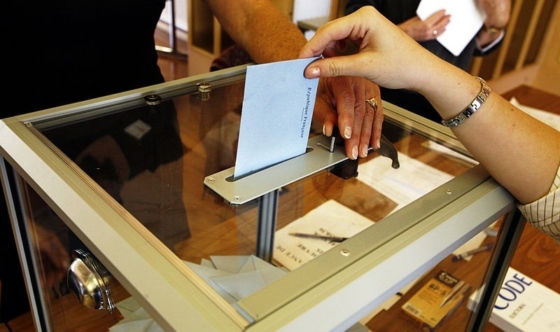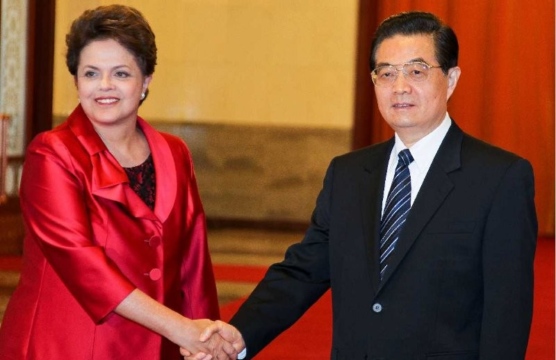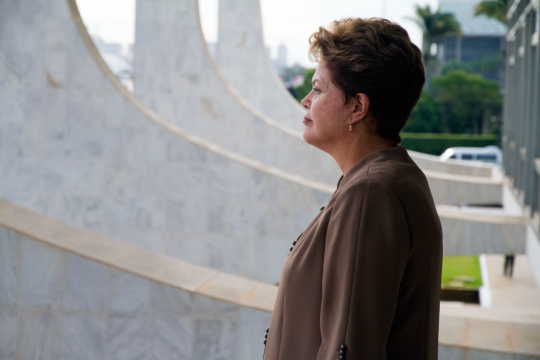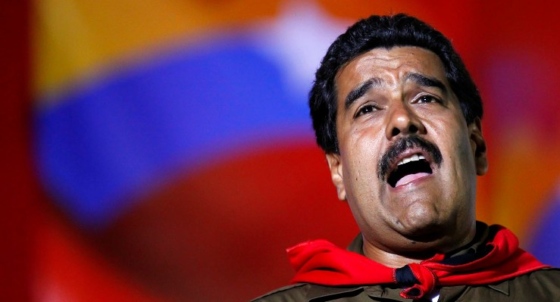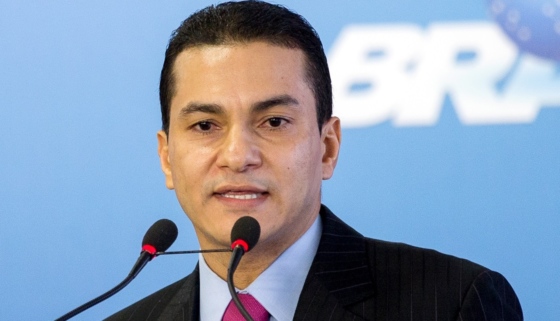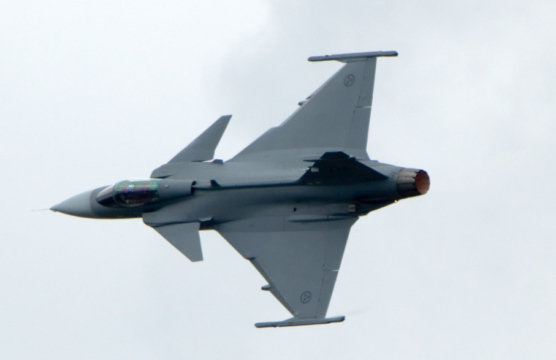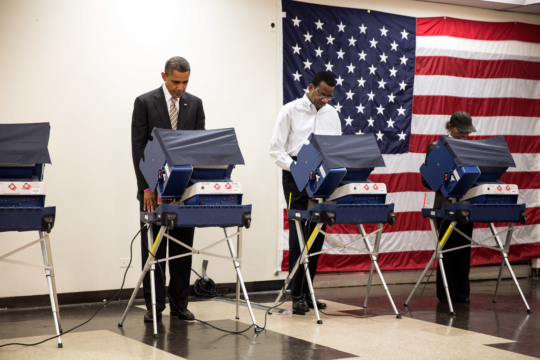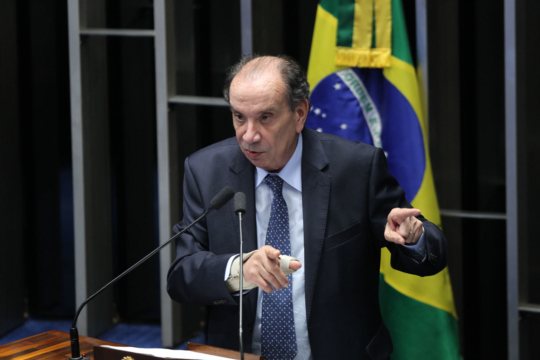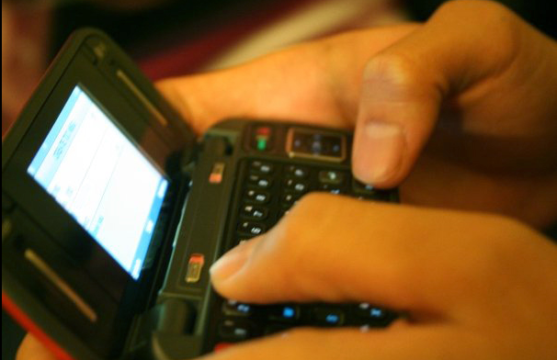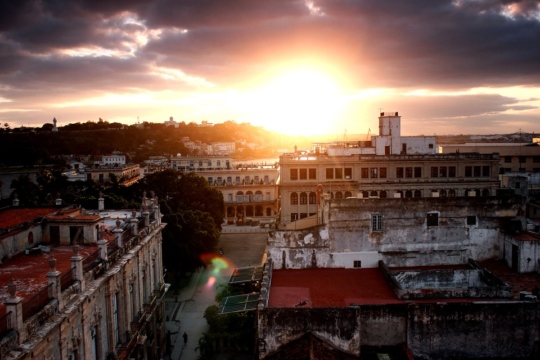Wikileaks & Latin America
Wikileaks has made international diplomacy more complicated for the US—or at a minimum more awkward.
Wikileaks has made international diplomacy more complicated for the US—or at a minimum more awkward.
In the year-long period from November 2013 to November 2014, presidential elections will occur in nine Latin American countries.
2009 has not been a good year for U.S.-Latin America relations. Despite their warm welcome at the April Summit, Latin America’s governments made life more difficult than anticipated for President Obama.
2013 was the 15th year of China’s “going out” initiative. During this period, the Asian giant’s economic relations with Latin America expanded rapidly.
There are reasons to be uncomfortable with impeachment process. It was not a coup—and had all the appearances of being fully legal and constitutional. But, arguably, it was not completely fair and above board.
Whether the negotiations succeed depends mostly on the Venezuelans, but the active engagement of other nations would raise the chances of a favorable outcome.
Brazilian Minister of Industry, Foreign Trade and Services Marcos Pereira said in January that Brazil could stand to gain from the United States’ move to a more protectionist trade stance under new U.S. President Donald Trump, especially in the agribusiness sector. He added that Brazil would hope to fill the gap the United States would leave by backing out of the Trans-Pacific Partnership trade deal. Is Pereira correct in saying that Brazil stands to gain under the Trump administration’s policies?
Brazil recently opted to purchase nearly $5 billion worth of fighter jets from Swedish manufacturer Saab, rather than from its US rival Boeing.
Issues, policies, and experience have hardly mattered as the campaign offered round after round of personal insults, accusations of illegal and unsavory behavior, and damning indictments of US leaders and institutions.
The latest polls show only a few percentage points difference in support between incumbent Dilma Rousseff and challenger Marina Silva. Which issues are resonating most?
O senador Aloysio Nunes Ferreira assume, nesta terça-feira, o Ministério das Relações Exteriores. O novo cargo vai trazer desafios imediatos ao novo ministro. Já na quarta-feira, ele vai embarcar para uma reunião de chanceleres e precisará se posicionar sobre a suspensão da Venezuela do Mercosul. Também em um horizonte próximo, o ministro vai se deparar com a condução da política externa em meio a um cenário crescente de protecionismo no mercado internacional.
What should we expect from a newly powerful Brazil? Does the country have the capacity and leadership to be a central actor in addressing critical global and regional problems?
President Lula da Silva triumphantly announced that he and his Turkish counterpart had persuaded Iran to shift a major part of its uranium enrichment program overseas—an objective that had previously eluded the US and other world powers. Washington, however, was not applauding.
USAID created and operated “ZunZuneo,” a communications network aimed to destabilize the Cuban government.
Ninguém pode negar a Fidel Castro o seu lugar na História. Ele foi a figura política mais proeminente da América Latina talvez desde Cristóvão Colombo, em 1492. A questão é até que ponto sua narrativa será mais sobre sonhos ousados e mudanças progressistas — ou sobre opressão e, no fim, estagnação em Cuba.
